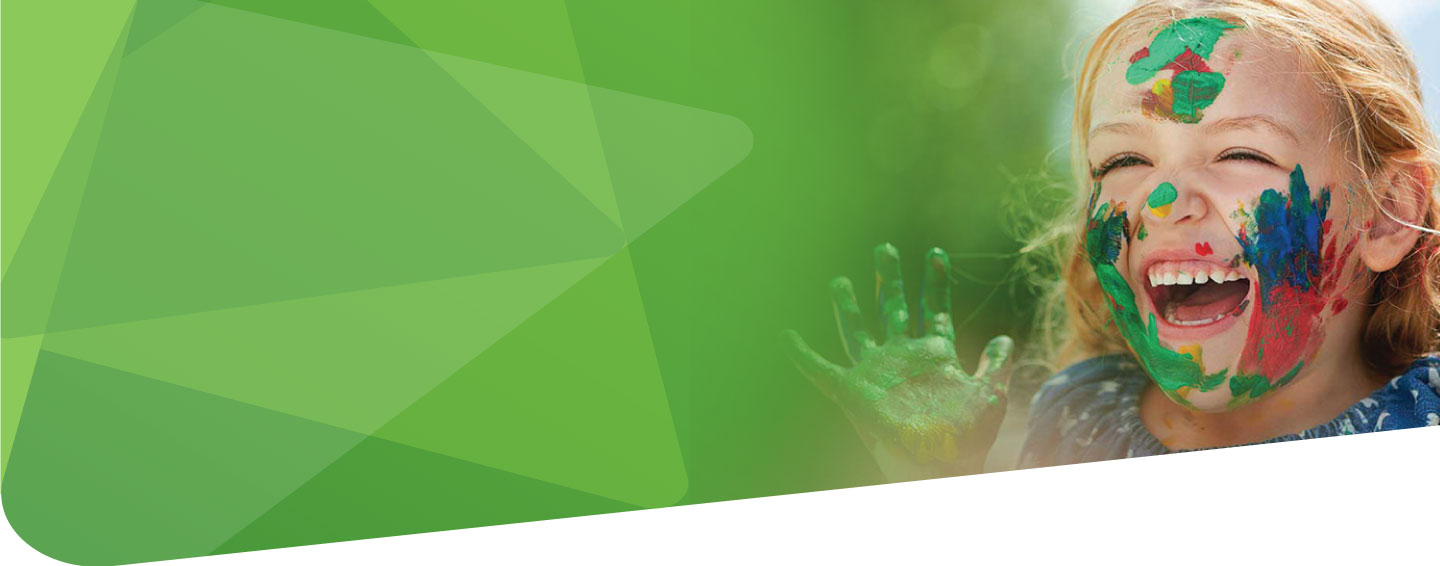the Y
the Y

We all remember the alphabet song. Which for many, was learnt at kinder. And isn’t that what kinder’s all about? ABCs and 123s?
When we think about learning, our minds often jump straight to these fundamentals—letters, numbers, and reading. And while these are important skills, learning at kindergarten is about so much more and sets the foundation to be ready to take these important steps in an educational journey.

According to Carolyn King, Early Childhood Teacher at Warragul Community Preschool, there are certain questions that come up regularly. “We often get asked by families about when children will learn their “abc’s” or be able to recognise their numbers. Learning at kinder is just so expansive and takes in so many vital areas that set the stage for more formalised learning.”
“In order to learn, children need to have the fundamentals to learn how to learn. That’s where kinder really comes in,” Carolyn explained.
At kinder it’s a world of discovery, problem-solving, and creativity, all wrapped up in play and exploration.
“Learning takes many shapes and forms and in a young brain happens all the time,” Carolyn emphasised. “We know kindergarten is an optimal time with 90% of a child’s brain development occurring before the age of 5.”

Imagine a group of children working together to build a tall tower with blocks. They’re not just playing—they’re learning about balance, cause and effect, and teamwork.
When the tower topples, they can see it as a challenge. They try again, adjusting their strategy and developing resilience. They communicate with others, sharing suggestions and observations are made. These are real-life skills underpinning future learning.

Every Y Kinder has outdoor spaces designed to spark curiosity, encourage exploration and provide valuable tactile experiences. Ideas can be tested, textures investigated and the understanding of materials and their properties developed.
Children are not just playing in the mud together; they’re building sensory awareness and learning through hands-on discovery.

Or picture a group of children outside tending garden beds, digging in the dirt, planting seeds, and watching them grow. They’re developing an early understanding of science, caring for the environment, and experiencing the joy of nurturing something over time.

And then there’s the magic of imaginative play and role playing. A group of children might be running a “café”, taking turns as baristas, cooks, customers, and waitstaff. Through this, they’re learning social skills, communication and negotiation. They’re using their imaginations and developing language skills far beyond just recognising letters on a page.

When they mix paints to see the colours they can create, they’re engaging in early science concepts.
Through art activities they are developing their fine motor skills, and spatial relationships.
When they sing and dance, they’re developing coordination, memory, and confidence.
Through play-based learning, children develop problem-solving abilities, emotional intelligence, and independence—skills that will carry them through life.

Y Kinders’ Pedagogical Leader, Rhiannon Musgrove, supports our services to ensure that teaching and learning practices are of the highest standard and meet wider regulatory requirements.
“Our curriculum is designed to align with the National Quality Framework (NQF), which sets the national standards for early childhood education and care,” said Rhiannon.
“As part of this, we follow the Victorian Early Years Learning and Development Framework (VEYLDF), ensuring that children engage in a high-quality, play-based learning environment that nurtures their development across key areas such as identity, wellbeing, and communication.
For families, this alignment means confidence in a program that supports their child’s growth, meets best-practice standards, and provides a strong foundation for their future learning and development.”

Importantly, all Y Kinders are integrated into their communities and foster strong connections and a sense of belonging.
Carolyn from Warragul Community Preschool, outlined the shared purpose of every Y Kinder educator and program, “The needs and interests of children also guide the curriculum, with our educators deeply aware of how early learning can positively shape a child’s future. We aim to provide children with a love of learning which sets them up for life.”
The beauty of learning at kinder is that it happens naturally, with joy and wonder, and in meaningful ways.
Of course, literacy and numeracy are important, and children at kinder are exposed to these concepts in fun and engaging ways.
So next time you think about what children are learning at kinder, remember: it’s not just ABCs and 123s. It’s problem-solving, resilience, creativity, collaboration and so much more. And that’s what truly sets them up for success!

Image credits: City of Ballarat (first image)